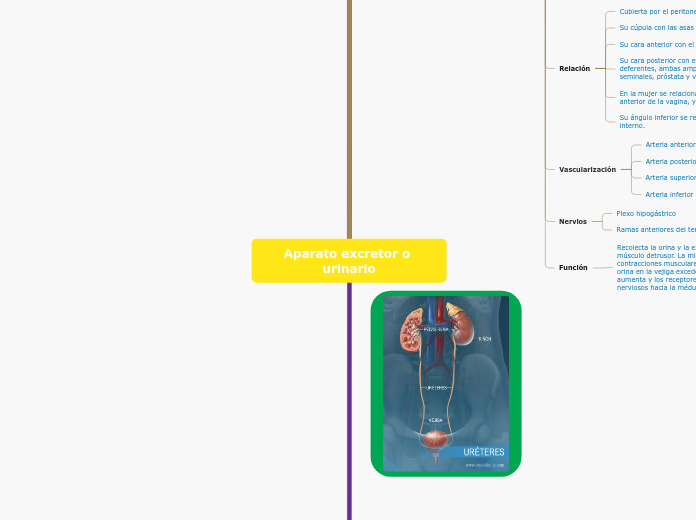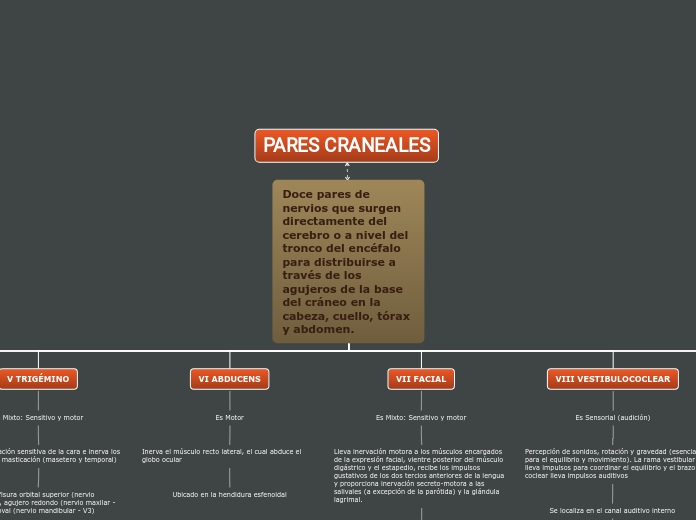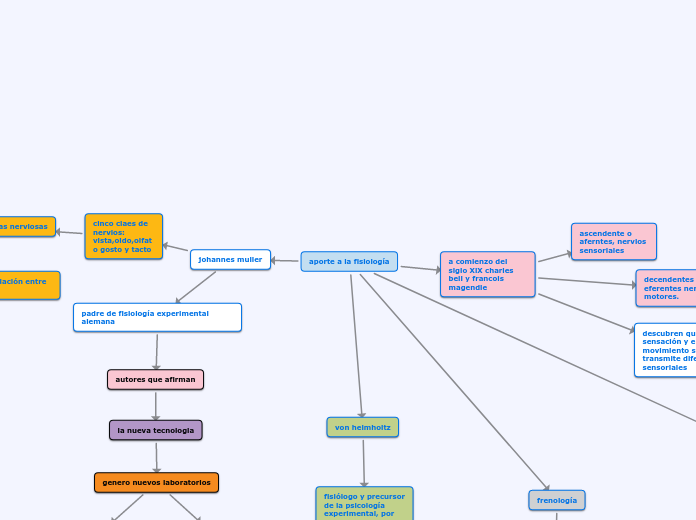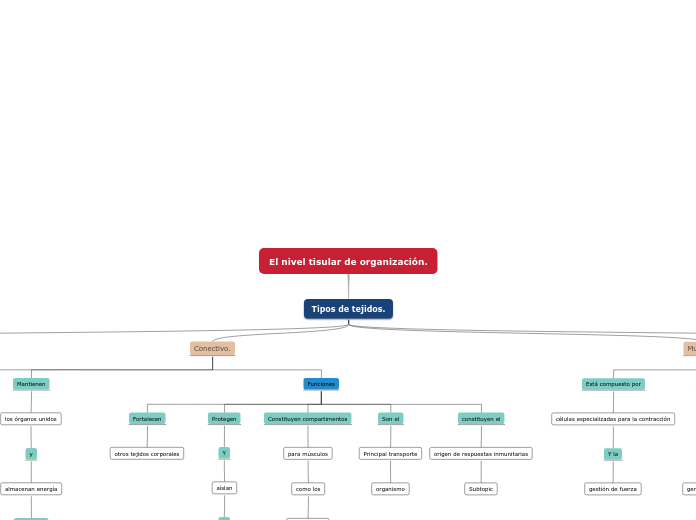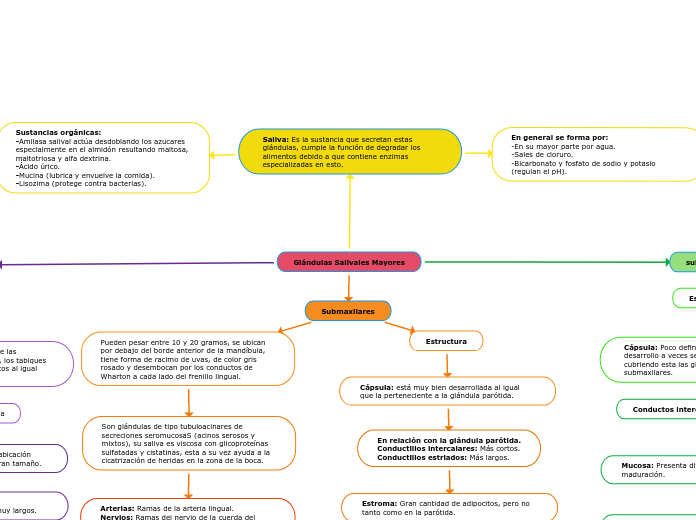Aparato excretor o urinario
Uretra
The middle of the story is where you add layers of complications that will lead to the end. Reveal more about the character's journey. Did their personality go through changes? How did they overcome the challenges? And as you build up the story’s central conflict, make it more personal to that character. Also, from the middle act, you have to lead into the final act.
Mujer
Expulsión de orina.
Hombre
También conocido como conducto urogenital.
Expulsión
Semen
Orina
Provienen del plexo hipogástrico y del nervio pudendo interno.
Vasos sanguíneos de la arteria prostática, hemorroidal inferior y dorsal del pene.
Las venas desembocan en el plexo venoso prostático de Santorini.
En la mujer provienen de la arteria pudenda interna, vesical inferior y vaginal.
Comunica a la vejiga con el medio externo. Atraviesa el diafragma urogenital, el periné.
Peneana o esponjosa
Mide 12 cm de largo.
Formada por el cuerpo esponjoso el cual se dilata a nivel del glande en la parte anterior del pene. En cima de la uretra esponjosa se localiza el cuerpo cavernoso.
Membranosa
Mide 1 cm de longitud.
Recibe la secreción de las glándulas bulbouretrales de Cooper.
Prostática
Mide 3 cm de longitud.
Recibe secreciones de las vesículas seminales y los conductos deferentes, a través de los conductos eyaculadores que desembocan a los lados del Veru montanum. El orificio de conductos eyaculadores y Veru montanum forma el Utrículo prostático.
Rosada
En las mujeres, se trata de un conducto de 3 a 4 cm de largo. La uretra masculina mide casi 18 cm de largo
There wouldn't be any tension and excitement in your story if there weren't any obstacles in your character's way.
Sinuosa
A story is nothing more than a character overcoming a series of difficulties to reach the desired goal. Obstacles usually create suspense and conflict. In overcoming obstacles, there is growth: weak becomes strong; hatred turns into love; sadness into happiness; wrong into right; lies into truth; or evil becomes good.
See a few examples below:
- stopping a meteor
- finding a killer
- finding love
Your character(s) need(s) motivation in order to solve the challenge(s).
Posee 2 curvaturas.
Secondary characters might also have motives that lead them to cross paths with the main character or which might trigger them to help the main character.
Each story has a main character and that character usually needs to solve a problem or challenge. The character's challenge is the one that creates tension throughout the story.
Desde el cuello vesical hasta el extremo libre del pene.
Type in any other challenges which other characters in the story need to face.
Vejiga
Recolecta la orina y la expulsa por medio de la micción al contraerse el músculo detrusor. La micción se produce debido a una combinación de contracciones musculares voluntarias e involuntarias. Cuando el volumen de
orina en la vejiga excede los 200-400 ml, la presión en su interior
aumenta y los receptores de estiramiento de su pared transmiten impulsos nerviosos hacia la médula espinal. .
Ramas anteriores del tercero y cuarto nervio sacro.
Plexo hipogástrico
Arteria inferior (hipogástrica).
Arteria superior (parte permeable de la umbilical).
Arteria posterior (hemorroidal media).
Arteria anterior (pudenda interna y obturatriz).
Su ángulo inferior se relaciona con el orificio uretral interno.
En la mujer se relaciona hacia atrás con la pared anterior de la vagina, y con el útero.
Su cara posterior con el recto, con los conductos deferentes, ambas ampollas deferentes y vesículas seminales, próstata y vagina en la mujer.
Su cara anterior con el pubis.
Su cúpula con las asas intestinales.
Cubierta por el peritoneo.
Capa de tejido conectivo areolar
continuo con la de los uréteres.
Capa más superficial de la vejiga en las paredes posterior e inferior.
Serosa
Capa de peritoneo visceral.
Formada por tres capas de fibras musculares lisas: la longitudinal interna, la circular media y la longitudinal externa. Alrededor del orificio uretral, las fibras circulares forman el esfínter uretral interno, y más abajo se encuentra el esfínter uretral externo, constituido por músculo esquelético, que se considera una modificación de los músculos profundos del periné.
Composición
Epitelio de transición y una lámina propia subyacente, similar a la de los uréteres. También hay
pliegues que permiten la expansión de la vejiga.
Posición
La más profunda.
Capacidad
De 400 ml, más de esta cantidad da deseos de orinar. Puede contener hasta 800 ml.
Una
Es pequeña si está vacía y grande si se encuentra dilatada.
De un globo, varia según la cantidad de orina. La vejiga es bastante distensible. A medida que se llena, se expande hacia arriba, los pliegues se aplanan y el epitelio se
adelgaza de cinco o seis capas a sólo dos o tres. Tiene una cúpula y un vértice.
De arriba hacia abajo y de atrás hacia adelante, termina en punta.
En la cavidad pelviana, por detrás de la sínfisis del pubis, entre los uréteres y la uretra.
Uréteres
In the beginning of the story (or the exposition), you will need to introduce the setting and characters. You might also want to introduce the main conflict. This part of the story is important because it gives the reader necessary background information and maybe even a first insight into a character’s personality.
conduce orina desde la pelvis renal hasta la vejiga.
Nervios
Del plexo renal, espermático e hipogástrico.
Vascularización
Irrigado por las arterias renales en la porción superior. Las arterias espermáticas y vesicales en la porción inferior.
Relación
Con la pelvis del riñón, es su continuación, se une a la vejiga en la región de la pelvis, y descansa sobre la apófisis transversas e las vértebras lumbares, se entrecruza sobre los vasos sanguíneos ilíacos y una íntima relación de entrecruzamiento con la arteria uterina. Posee un trayecto superior abdominal y el inferior pélvico.
Estrechamientos fisiológicos
En la desembocadura o unión con la vejiga (estrechez vesical).
Sobre los vasos ilíacos (estrechez ilíaca).
En la unión del uréter con la pelvis (unión pelviureteral).
Estructura
Adventicia
Función
Fija los uréteres en su posición.
Concepto
Capa de tejido conectivo que contiene vasos sanguíneos, vasos linfáticos y nervios destinados a la muscular y la mucosa.
Muscular
Fibras
Musculares lisas longitudinales y circulares.
Se contraen por medio de peristalsis para movilizar a la orina.
Mucosa
Secreta moco para paso fácil de orina y la no absorción de orina de parte de las células epiteliales.
Color
Blanco
Número
Dos
Tamaño
Cada uréter mide casi 25 cm de largo y alcanza un diámetro máximo de casi 1.7 cm cerca de la vejiga.
Forma
De embudo alargado, ancho arriba y estrecho hacia abajo.
Dirección
The setting (time & place) of a story can change throughout the plot.
De arriba hacia abajo. Descienden a cada lado de la columna vertebral relacionándose con los músculos de la pared posterior del abdomen. Es un tubo muscular que se extiende desde la pelvis renal hasta la vejiga. Su trayecto en la mitad superior es abdominal. Su trayecto en la mitad inferior es pélvico.
Your story can take place wherever your imagination will take you to.
For example: in an elevator, in an enchanted forest, etc. Don't forget to give details of the environment each time the setting changes, otherwise, the story can be confusing. Also, mention the seasons as each of them has unique weather and events.
Situación
Characters are essential to a good story. Usually, the protagonist(s) is/are the most affected by the plot. Introduce a character by focusing on their actions, interests, and occupation, as the physical appearance doesn't make a difference in most cases.
Sobre las apófisis transversas de las vértebras.
Type in the name of your character.
